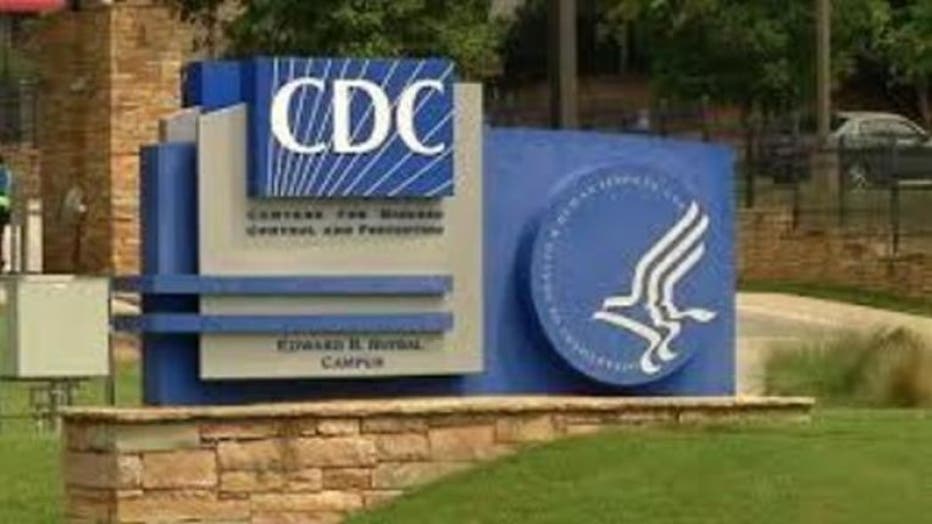Fentanyl drives opioid deaths during first pandemic months, according to CDC
COVID-19 crisis heightens opioid epidemic
The Centers for Disease Control and Prevention said opioid overdoses are up during the coronavirus pandemic.
ATLANTA - New data from the Centers for Disease Control and Prevention indicates fatal drug overdoses steadily increased before the pandemic and skyrocketed in the first months of it.
CDC representatives said the information about overdoses can seem daunting because the available data out there already shows an increase from the beginning of the pandemic, but more current data won’t be seen until later.
America was already withstanding an opioid epidemic before COVID-19 changed everything, but now the CDC said it's reasonable to believe numbers have gotten even worse since the pandemic.
The information out there shows numbers from June 2019 to May of 2020, towards the beginning of the coronavirus crisis.
Sign up for FOX 5 email alerts

"All drug overdoses increased 18.2% and that includes all 50 states and D.C.," Dr. Alana Vivolo-Kantor, overdose morbidity team lead for the CDC said.
Here in Georgia, all drug overdoses were up 14.3% at the time, and that was just two months into an incredibly trying year.
"The CDC understands there is fear and anxiety about COVID-19 especially for those with substance abuse disorder," Dr. Vivolo-Kantor said.
The CDC said overdoses are driven by synthetic opioid use such as substances like fentanyl.
Adam Jablin, a recovering addict, said heightened stress from financial and personal restraints of COVID-19 can push substance abusers to their limits but he said the problem can't address itself.
"I didn't believe I had a problem," he said. "You blame everything except yourself, but it's a lie."
"I wanted to drink and use substances because I liked the effect. If you're in denial, I hope you have loved ones to crack it," he said.
WATCH: FOX 5 Atlanta live news coverage
That's why the CDC now takes measures nationally and at the local, or state level to address drug abuse.
"To enhance their prevention efforts during this time. Obviously, the staff is spread thin and had an impact on states that may not have flexibilities to work on these issues," Dr. Vivolo-Kantor said.
"Please don't think you're alone. This is not just happening to you; it's happening to millions across the planet, not just America. There is hope," Jablin said.
Jablin said faith-based resources, such as churches, synagogues, and mosques, can help with recovery in addition to groups and hotlines.
The CDC urges those in urgent need to call 911 in case of an immediate emergency. The disaster hotline, 1-800-985-5990 is a trusted resource, as is the Substance Abuse and Mental Health Services Administration.
Download the FOX 5 Atlanta app for breaking news and weather alerts.

